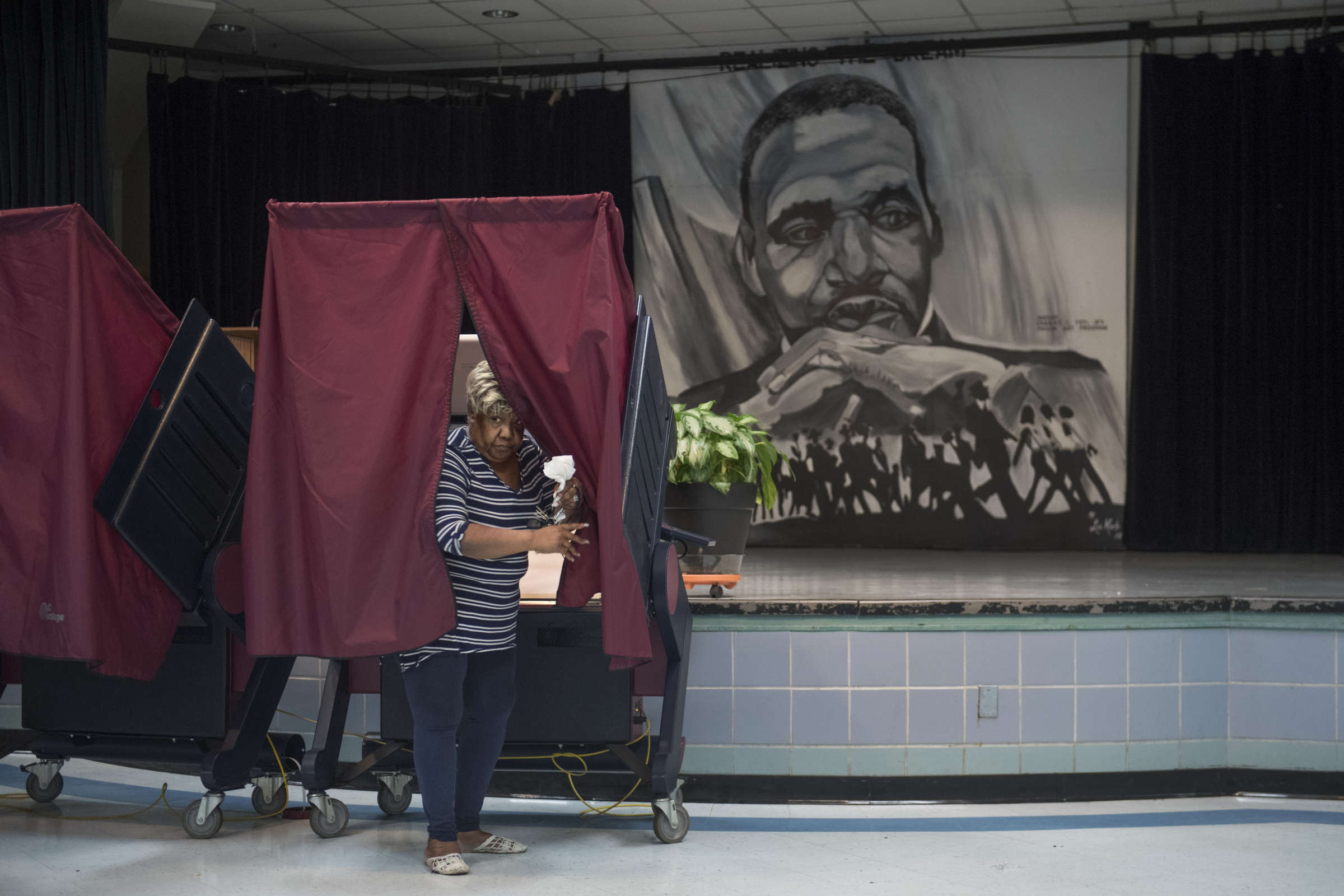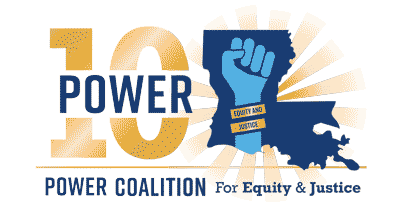
Black women are uniquely saddled with student loan debt.
by Ashley Shelton in Truthout
From record inflation to attacks on reproductive rights, to an unfair and inequitable redistricting, it can feel like all hope has been lost this year. But many voters are not giving up.
My state of Louisiana has faced multiple challenges, particularly when it comes to the electoral process. Historically, we have seen literacy tests, brutal attacks on persons seeking to register to vote, the elimination of voting sites, changing polling sites without notification, and other efforts to deny and abridge the right to vote. We have experienced voter suppression in all its forms, including its newest more insidious form, racial and partisan gerrymandering.
In 2022, the Louisiana state legislature drew unfair congressional district lines. Voters, including those reached through my organization, the Power Coalition for Equity and Justice, testified throughout this year’s redistricting process, which saw unprecedented, historic citizen participation. This fight then pivoted to asking Gov. John Bel Edwards to veto the maps. He did so, and then the legislature overrode his veto. we took our case to court in the Middle District and initially won. Unfortunately, the Supreme Court overturned a lower court’s ruling and temporarily halted the drawing of a second minority-majority district until the high court rules in Alabama’s redistricting case in October. (A minority-majority district is one in which the majority of the constituents are racial or ethnic majorities.) Presently, we have one minority-majority district although Black population growth warrants a second minority-majority district. As our legal counsel has noted, the current congressional district “severely dilutes Black voting power by packing Black voters from New Orleans and Baton Rouge into a single U.S. congressional district.” We have been temporarily delayed in the fight for fair maps — but not permanently denied.
There have been multiple efforts to silence the voices of the growing majority minority. At every turn, and before every election, a new tactic has been introduced to abridge some voters’ ability to participate in our nation’s democracy. Democracy Docket summarized research detailing over 100 years of voter suppression in Louisiana — from restricting who could register, closing polling sites, limiting when people could vote, permitting felony disenfranchisement, the efforts to curtail access to the ballot in Louisiana have been ongoing. These barriers, obstructive as they are, do not alter our drive, our passion, and our hunger for pro-democracy action.
We have been deferred but we will not be deterred. In fact, more than 250 Black Louisiana voters to showed up at our state capitol during the opening of the redistricting special session on February 1 and 2 and to make their voices heard during the redistricting session. They filled the state capitol and showed that our community is concerned and engaged. Many voters came even though a second minority-majority district would not impact their part of the state.
All Black people are impacted by the lack of a second congressional district. A second person voting in their interest on key issues is critical. Moreover, a second congressional district would give Baton Rouge and the Delta parishes an opportunity to have a voice. This is important for a host of reasons, including the fact that Poverty Point (in the Delta) is the poorest place in the country and it is 80 percent Black. They have experienced a failure to thrive because they’ve not been a priority. It seems that this region is an afterthought given the current configuration of the districts. That is why all Black people understand that having multiple African American leaders in Congress would strengthen democracy and make it more likely that legislation important to Black voters, such as the John Lewis Voting Rights Bill, could advance.
While we have faced setbacks in our efforts to secure a second minority-majority seat, we are not without hope. We have not resigned in defeat. Defeat only occurs when we refuse to believe that victory is possible. Defeat comes when we refuse to fight, and in communities across the country, many people are fighting for a future for which our children can be proud. We believe better is possible and attainable.
This year has been tough, but we cannot lose sight of the progress we’ve made and the possibilities for our future. For instance, since 2015, my organization has focused on building infrastructure, celebrating many wins in the process, including:
- Ensuring naturalized citizens could vote like every other voter in Louisiana;
- Reenfranchising formerly incarcerated people with our founding and anchor partner VOTE, as well as a ballot measure ending the racist practice of convicting people with non-unanimous juries;
- Expanding Medicaid, which provides more than 350,000 Louisianians with health care;
- Expanding voting rights for the last two years as the rest of the country was going the other way.
But there are other wins which may not seem “sexy” but are incredibly important. We built trust through our advocacy work, created space for deep listening and the centering of directly impacted people and built momentum that will support our advocacy work in the future.
It is impossible to overstate that progress doesn’t happen overnight; it is a gradual process. We are working right now to prepare Black voters in the 5th District to elect their candidate of choice because this fight isn’t just about this year, but about the next 10 years. As we head into the 2022 midterm elections, we do not have to hang our heads. Freedom is a long game. It is also a perpetual struggle. We will never get to the point where we can shift into cruise control. That is not what our ancestors fought for — this moment requires no less than to hold the line on what they fought for and to continue to position future generations for success.
Click here to view this article on Truthout
Image: Albertine Reid leaves the booth after voting at Dr. Martin Luther King Jr. Charter School For Science and Technology in the Lower Ninth Ward of New Orleans, Louisiana, on November 8, 2016. TOM WILLIAMS / CQ ROLL CALL

